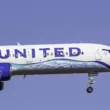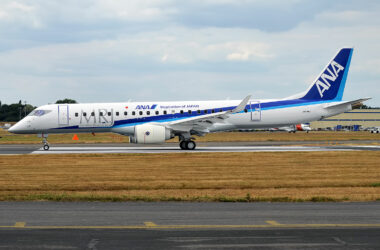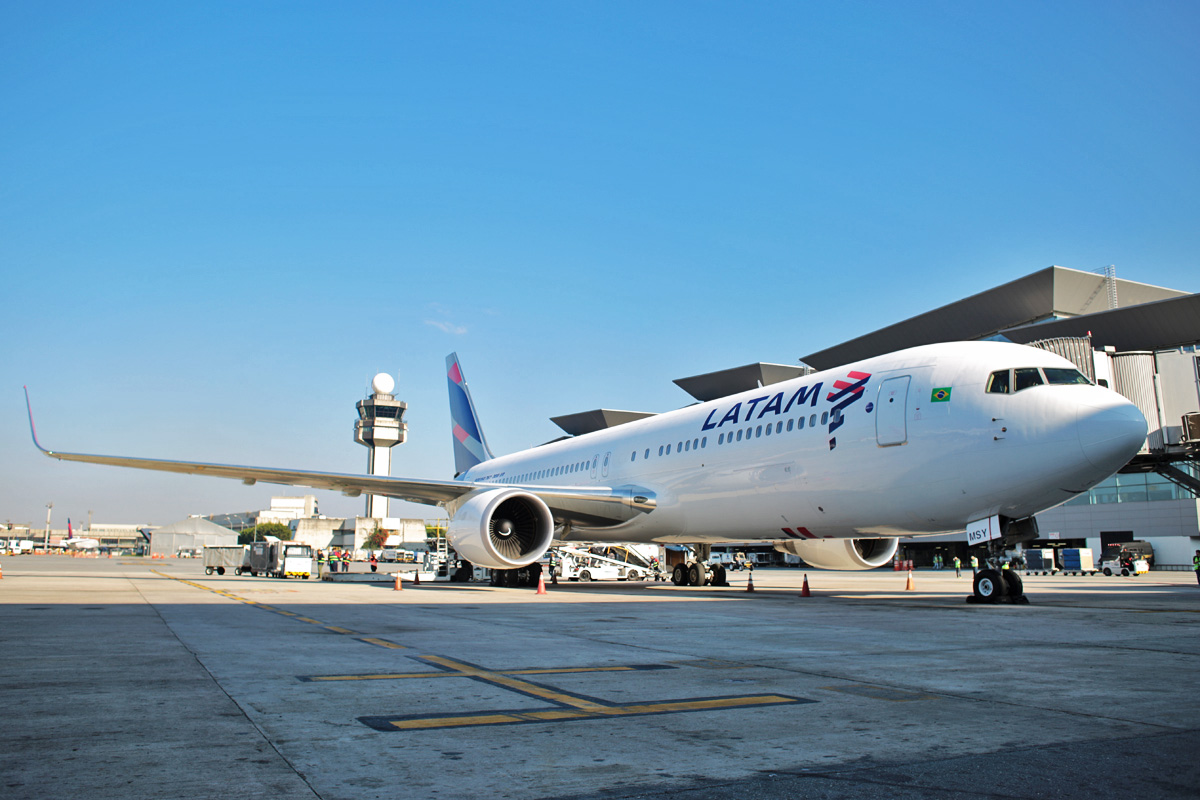Boeing was ordered by a federal court jury in the state of Washington to pay at least US$81 million in compensation to Zunum Aero, a startup that planned to launch a hybrid-electric passenger aircraft.
Zunum ended up closing its activities in 2018 after accumulating debts and being unable to obtain financing.
The company founded by Ashish Kumar and Matt Knapp had received $9 million in funding from Boeing, but failed to attract investment from French engine company Safran.
Zunum accused Boeing of stealing trade secrets for its hybrid aircraft concept and developing a similar design.
Furthermore, the startup claimed that the aerospace giant approached Safran to develop a engine using its intellectual property.

The jury accepted most of the arguments, but subtracted an amount of US$20.8 million in damages that could have been avoided by Zunum. The judge in the case, however, could triple the sentence because the jury considered Boeing’s actions malicious.
The planemaker, however, alleged that Zunum subdued in the face of its own ambition and that it exceeded limits, scaring away investors.
Boeing also said that it had no plans to develop a similar project and that it concluded that Zunum did not have the technical capacity to carry out the project. The company said it will appeal the decision.
To Forbes, the founders of Zunum stated that the sentence will serve to reimburse creditors and employees. Among the creditors is Boeing itself, which will be able to discount the amounts borrowed with updated interest rates.

Boeing’s dispute with Embraer close to being judged
The legal process with Zunum is not the only one in which Boeing is accused of undermining a commercial partnership. Embraer is also seeking compensation after the end of the joint venture with Boeing in April 2020.
The two companies had agreed to create a new company, Boeing Brasil Commercial, formed with Embraer’s commercial jet division.
Boeing agreed to pay US$4.2 billion for 80% of the new company, with the remainder going to the Brazilian company.
After Embraer spent months separating the division from its structure, Boeing announced in April 2020 that the then partner had not met the joint venture’s requirements.
Follow Air Data News: WhatsApp | Google News | Instagram | LinkedIn | Twitter | Facebook
At the time, the US planemaker was already experiencing difficulties caused by the grounding of the 737 MAX in addition to the effects of the coronavirus pandemic.
With the end of the partnership, Embraer had to reorganize, reduce costs and return to the market in search of orders, many of them while waiting for the merger with Boeing.
According to the CEO of the Brazilian company, Francisco Gomes Neto, a sentence should be known by the end of the first semester.






